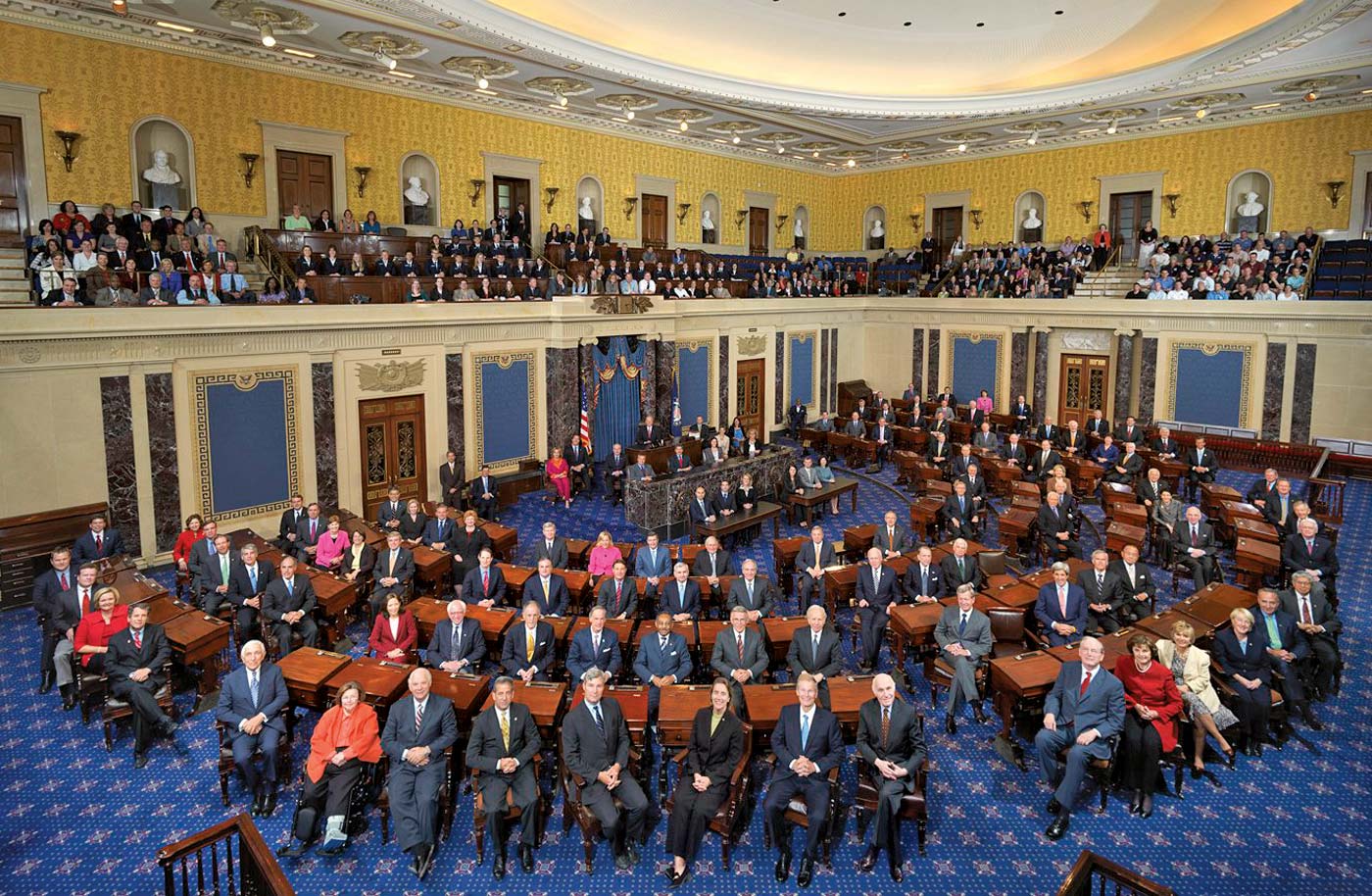On Friday in my common law course at Münster University, we discussed the process of selecting judges in both England and the United States. When I mentioned the process for selecting U.S. federal judges, I noted that it has become somewhat political over the past decades, using the recent death of Justice Scalia and the Senate's refusal to allow President Obama to fill that vacancy as an example of just how politicized the process has become. On cue, the Marshall Project has just released statistics concerning how many other vacancies there are in the federal court system:
The ninth seat on the Supreme Court has been vacant for two months.But Antonin Scalia’s chair is not the only empty one in the vast federal judiciary, where several judgeships have remained unfilled for 30 months or more. Around the country, there are 84 of these vacancies, largely as a result of the Senate’s historically low rate of confirming President Barack Obama’s nominees. And since the beginning of last year, the number of unfilled seats and pending nominations have been steadily rising.The rest of the article is worth a read.




